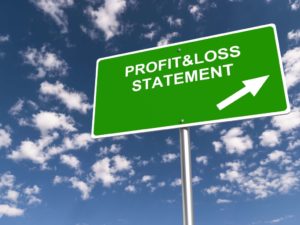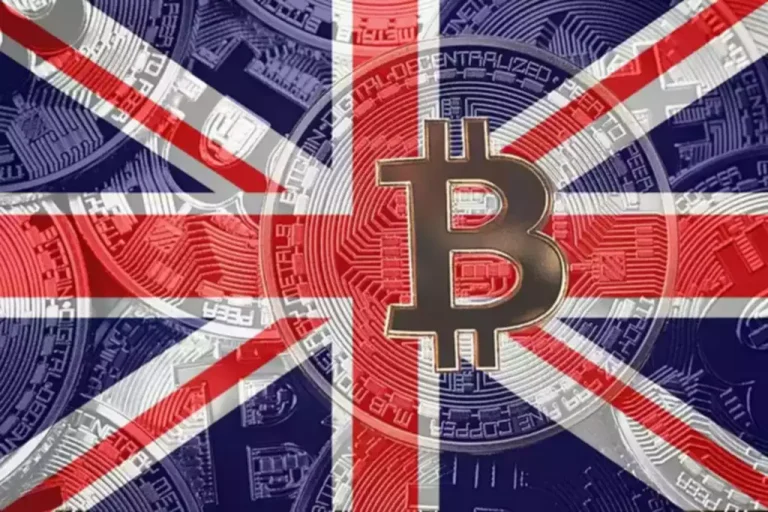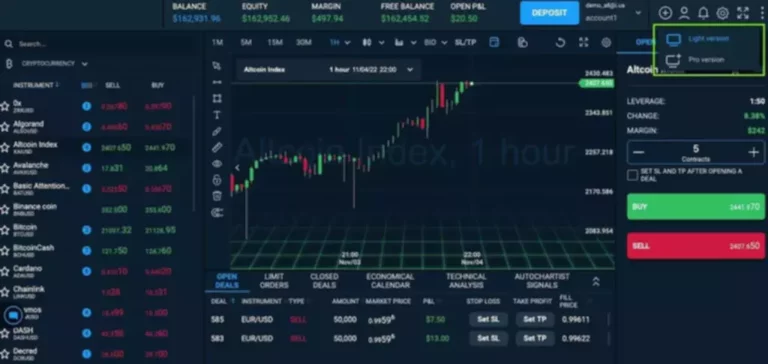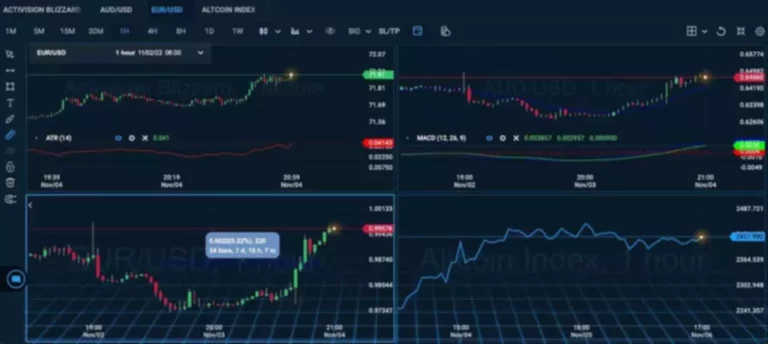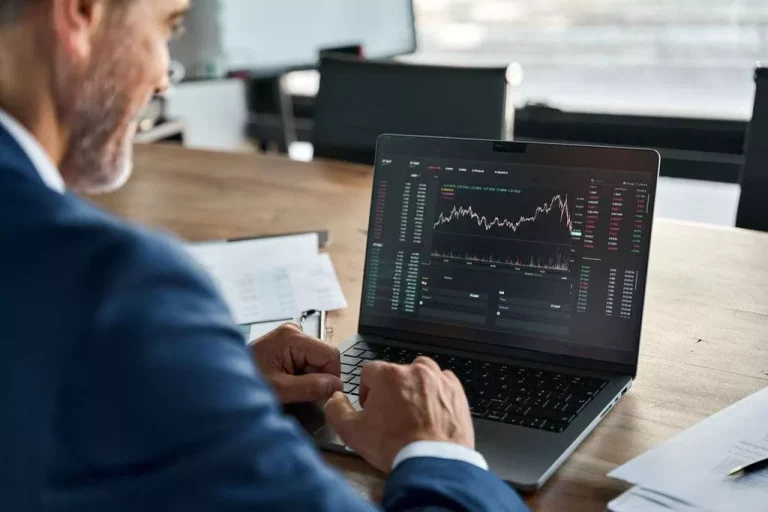Expense vs Expenditure: Understanding the Key Differences
An expense is reported on the income statement in the period in which the cost matches the related sales, has expired, was used up, or had no future value. An expense is only incurred when there is a decrease in the value of an asset or a liability, such as when inventory is sold, or services are rendered. For example, If a company spends ₹100 to buy supplies, then the ₹100 would be an expense when the supplies are used. While an expense is an outgoing payment, an expenditure is an outgoing payment that has been made. An expense can be incurred without money being paid out, while a term expenditure always involves a payment. An expense represents the cost of something during a particular period, while an expenditure represents the payment made during a specific period.
How many types of expenses does a business incur?
- Keeping detailed records will help you track where your money is going and better understand which costs are necessary for operating your business.
- Expenditures and expenses are terms, which are used in the preparation of financial statements.
- Deferred expenses fall in the long-term asset (more than 12 months) category.
- Staying mindful of your spending habits and making small changes can help improve overall financial health in the long run.
- The purchase of capital expenditure will only be incurred after a breakdown of equipment or when the entity wants to expand its operations.
- Expenditures cover long-term costs of the organization while expenses cover short-term costs of the body.
The difference between expense and expenditure can impact your budgeting strategies. Itilite is an advanced travel and expense management software designed to streamline your financial processes and enhance budget control. Knowing the difference between expense and expenditure is essential for managing money well.
What is an expenditure?
However, the term expense does not tell us whether payment has been made or not. No immediate expenditure has been made, but the business has incurred a cost. For example, a company buys a $10 million piece of equipment that it estimates to have a useful life of 5 years.
Over time, the company will depreciate the machine as an expense (depreciation). Loss – is the excess of expenditure incurred over revenue earned by a business for a given accounting period. On the other hand, companies will be required to pay expenses on a recurrent basis. For example, salary expenses are paid on a monthly basis while maintenance costs are incurred when equipment needs maintenance.
Examples of Expenditures That Are Not Expenses
Managing your expenses and expenditures is crucial to maintaining financial stability. One of the first steps in managing your finances is creating a budget that outlines all of your income and expenses, including both fixed and variable costs. Capital expenditures (CapEx) represent those major investments in physical assets—property, buildings, or equipment. These purchases aren’t just costs; they’re investments that contribute to revenue generation over time and expand your production capacity.
An expense is a cost incurred in the normal course of running a business or managing personal finances. It refers to money spent on goods or services necessary to operate the business or maintain personal living standards. Expenses are recorded on the income statement and deducted from revenue to determine the net profit or loss.
Empower your finances with purpose-based cards
In this case, it is evident that the benefit of acquiring the machine will be greater than 1 year, so a capital expenditure is incurred. Such an asset, therefore, requires a substantial amount of initial investment and continuous maintenance after that to keep it fully functional. As a result, many companies often finance the project using either debt financing or equity financing. For a citizen, one would talk about “major expenditures”, which would include property or real-estate investments such as mortgages, or investments made in a business.
While all expenses are expenditures, not all expenditures are expenses in the period they occur; some become expenses over time through processes like depreciation or amortization. Expenditures are usually categorized based on their purpose, such as operating expenses, capital expenditures, and personal expenditures. Operating expenses refer to the day-to-day costs of running a business, while capital expenditures involve long-term investments in assets like property, equipment and technology. Ramp’s expense management software eliminates this confusion through intelligent transaction classification and automated accounting workflows. Both the terms expense and expenditure, though used widely in the accounting concepts, differ.
- It merely means whatever significant investment is made by the company, the final costs all complied together are referred to as an “expenditure”.
- Strategic capital budgeting ensures businesses can invest in growth without jeopardizing financial stability.
- Examples of asset classifications into which purchased items are recorded are prepaid expenses, inventory, and fixed assets.
- An expense refers to a cost incurred during the normal course of running a business or maintaining personal life.
- There are a lot of excellent expense management software programs out there, so find one that works for you and your budget.
Both prepaid expenses and deferred expenses are important aspects of the accounting process for a business. As such, understanding the difference between the two terms is necessary to report Is There A Difference Between An Expense And An Expenditure and account for costs in the most accurate way. Many purchases that a company makes in advance will be categorized under the label of prepaid expense. These prepaid expenses are those that a business uses or depletes within a year of purchase, such as insurance, rent, or taxes.
“Expenditures” can also be used to relieve oneself of some form of liability. Suppose a plant is acquired for Rs. 35,00,000 on which depreciation is charged @ 10%. Most businesses track their expenditures carefully to stay within their budget and avoid overspending. Expenses can quickly add up, so it is essential to be mindful of all the money spent. Notice in particular ‘inventories’ and ‘cost of goods sold’ in the first item in Figure 2. Let’s take an example of Carrefour’s cash purchase of consumer electronic devices from the Chinese supplier.
Keeping track of your expenses not only helps you see the financial health of your business and plan for the future, many business expenses can be written off for tax purposes. For effective financial planning and control, it is imperative to understand the differences between expenditure vs expense. Both controlled costs relate to outflows of resources, but expenses are more immediate and recurrent and relate to the day-to-day running of a business. Every business needs to understand these distinctions as they affect business’s financial choices ensuring better utilization of the business and its future investments. These are the costs or payments that are made to acquire or improve upon the fixed assets of a business such as equipment, property, or research and development. In most instances, capital expenditures can be said to be incurred with the benefits extending to the organization for more than one financial accounting period.
Capital expenditures, on the other hand, involve the acquisition of long-term assets, like property or equipment, which provide benefits over an extended period. For business decision-making, differentiating between these terms aids in investment analysis and cost management. This distinction also influences budgeting and cash flow management, as capital expenditures require upfront investments that need careful planning to avoid straining cash reserves. For example, if a company pays its landlord $30,000 in December for rent from January through June, the business is able to include the total amount paid in its current assets in December.



